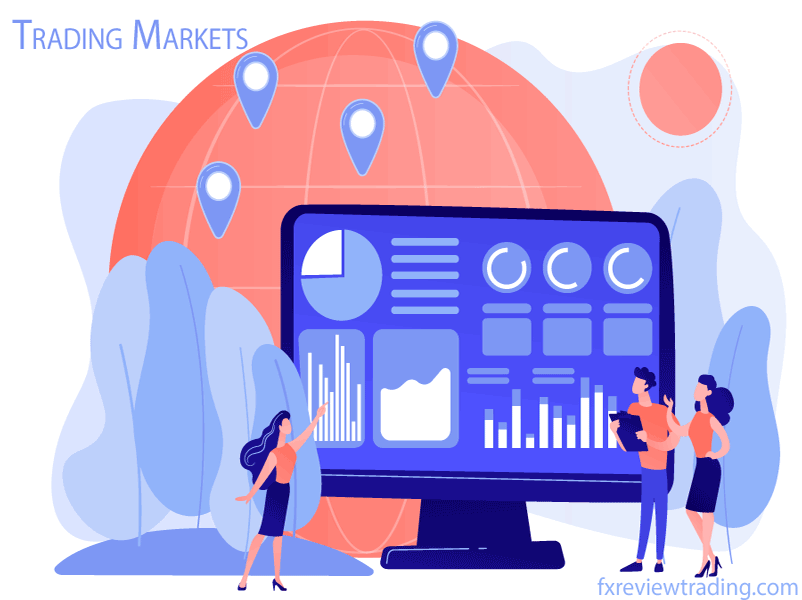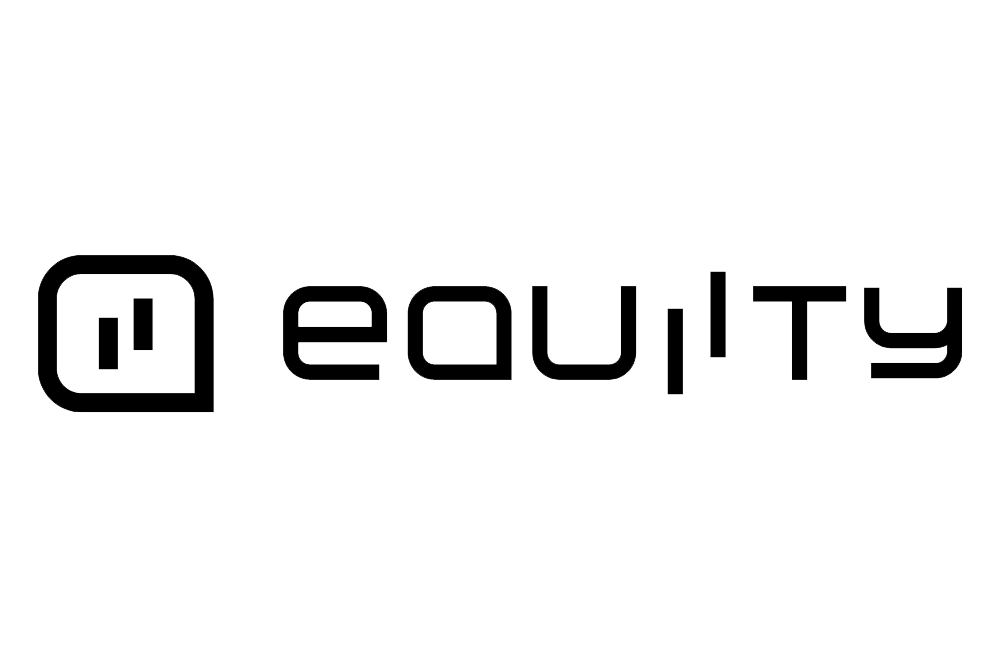Trading markets refer to the marketplace where traders exchange and speculate trading products and instruments nationally and globally. Traders buy and sell assets and securities to gain profit and try to limit their risks.
Many traders keep their eye on a single financial market to avoid clutter. But still, traders trading stock markets must know about other trading markets too, as they can impact each other.
In this article, we will discuss significant trading markets and the role they play globally.
What are the Trading markets?
A trading market is not so much varied from the other markets, where goods are produced and exchanged. But instead of buying and selling clothes or vegetables, one buys and sells trading assets and securities in a trading or financial market. Over the last few years, trading markets have grown wantonly and now offer a wide range of products and instruments.
Types of Trading markets
Forex Market
Forex market or foreign exchange market is a trading market where currencies are traded against one another globally. It is one of the world’s largest markets and is known for the high liquidity it renders to the traders. Currencies are traded against each other as pairs. For example, AUD/USD.
In this trading market, movement between the currencies is usually small, and investments are focused on the short term. Therefore, many brokers like HFTrading offer high leverages up to 1:500 on forex trading. HFTrading is a regulated broker providing trade in a wide range of trading instruments and securities.
One distinctive feature of the forex trading market is that there is no central point of control or physical place where the market is operated or controlled. Instead, currency trading is done over the counter (OTC), and all transactions occur via computer networks.
Stock Market
A stock market is a collection of exchanges and trading markets where shares of publicly held corporations and companies are issued, bought, and sold. The shares are exchanged through institutionalized formal exchanges and over-the-counter marketplace with set rules and regulations.
There can be multiple stock trading centers in a country.
One makes money in the stock market in one of the two ways. The first way is through dividends, where companies pass the profits to the investors. The second way involves capital gains, in which the value of shares rises as the company makes a profit.
Debt Market
The debt trading market is a market utilized by companies, governments, and financial intermediaries to issue debt trading products for capital. The issuers then have to make consistent and frequent payments to debt holders. Once the debt is matured and reached finality, issuers pay the principal implied on the debt.
The most basic type of security issued in this type of trading market are bills, notes, bonds, deposit certificates, and bonds.
ETF Market
The ETF market is a type of trading market that involves buying and selling a collection of securities like stocks under one umbrella ETF. ETFs are similar to mutual funds. But unlike mutual funds, they’re listed on exchanges and trade throughout the day like ordinary stocks.
ETFs can contain different types of investments like stocks, commodities, or bonds, or a mix of investments.
Options Market
The options market involves the trading of options contracts. An options contract is an agreement between two parties that pursue a transaction between underlying security at a predetermined price.
A stock options contract covers 100 shares of an underlying stock.
There are two types of options contracts; pull options and call options. Put options are bought to profit from the decline in prices, whereas call options are bought to profit from assets’ appreciation.
Derivatives Market
Derivatives trading markets include the expansion of varied kinds of trading markets. It refers to securities that extract their value from the existing assets like currency, physical asset, interest rate, or stock.
With derivatives trading, one can go short and long on the existing asset and take upon the obligation or right to sell or purchase it when the value of the existing asset changes or fluctuates; the value of derivatives changes as well. Major kinds of Derivatives include futures, forwards, and options.
Commodity Market
A commodity market is a type of trading market that facilitates the virtual or physical exchange of commodities or primary products. Currently, there are fifty major commodity markets in the world that trade in about 100 significant commodities.
Commodities are bifurcated into two types; soft and hard commodities.
Soft commodities comprise agricultural or livestock products like corn, coffee, wheat, pork, soybeans, and sugar.
Hard commodities involve resources that can be extracted or mined like gold, oil, silver, or rubber.
Contract For Difference (CFD)
CFD trading market is a hybrid of forex, options, and stocks that allow participants to place the trade in a derivative instrument based on an underlying asset. Most of the time, CFDs don’t have a premium, commission, or expiry date.
While there are other markets, too, these markets are accessible from home to anyone with an Internet connection. Each market has its own cons and pros. It all depends on what the market can glorify the advantages and minimize the cons. Therefore, many traders decide to invest their capital and efforts in just one market because it suits their lifestyle or simply lacks knowledge about other markets.
The role of Trading markets
The trading and financial markets are a crucial part of the entire economy and offer six core functions:
- Liquidity
- Efficiency
- Borrowing and lending
- Mitigation of risks
- Price Determination
- Information about funds their flow
Financial and trading institutions facilitate the movement and flow of funds in global trading markets and the entire economic structure. Such institutions include investment banks, commercial banks, insurance firms, brokers, central banks, and non-banking financial institutions.
The role of trading markets has been the same and consistent throughout history. With the advancements in technology, various types of trading markets have become more connected.
Which markets to trade
The main factors that must be considered while choosing the trading market include:
- Trading style employed
- Location
- Financial Resources
- What time of the day the person wants to trade
Also, the education and experience of the trader matter while deciding the market to trade.
Conclusion
It is crucial to understand that there are various opportunities and alternatives available in different Trading markets. It is better when a trader uses a combination of markets to build a portfolio and mitigate risks. Incorporating varied markets in trade can lead to minute changes in costs, risks, and capital outlays.
It is imperative that the traders become aware of different markets’ functioning and working before jumping into them. Knowledge and learning is the key to long term success in all kinds of trading markets. If you do not know about markets you decide to trade, you are bound to hike up your risks and eventually fail. It is better to build up robust strategies and listen to announcements and news about the trading market before making any trading decision.



